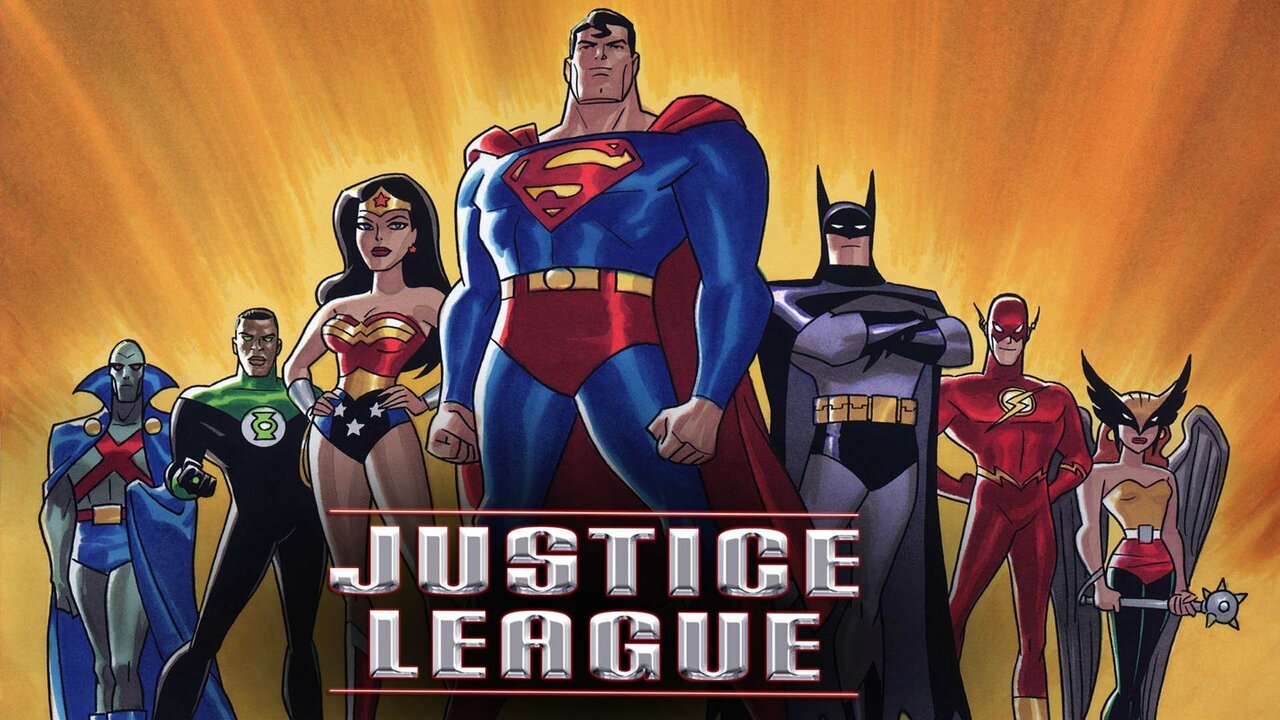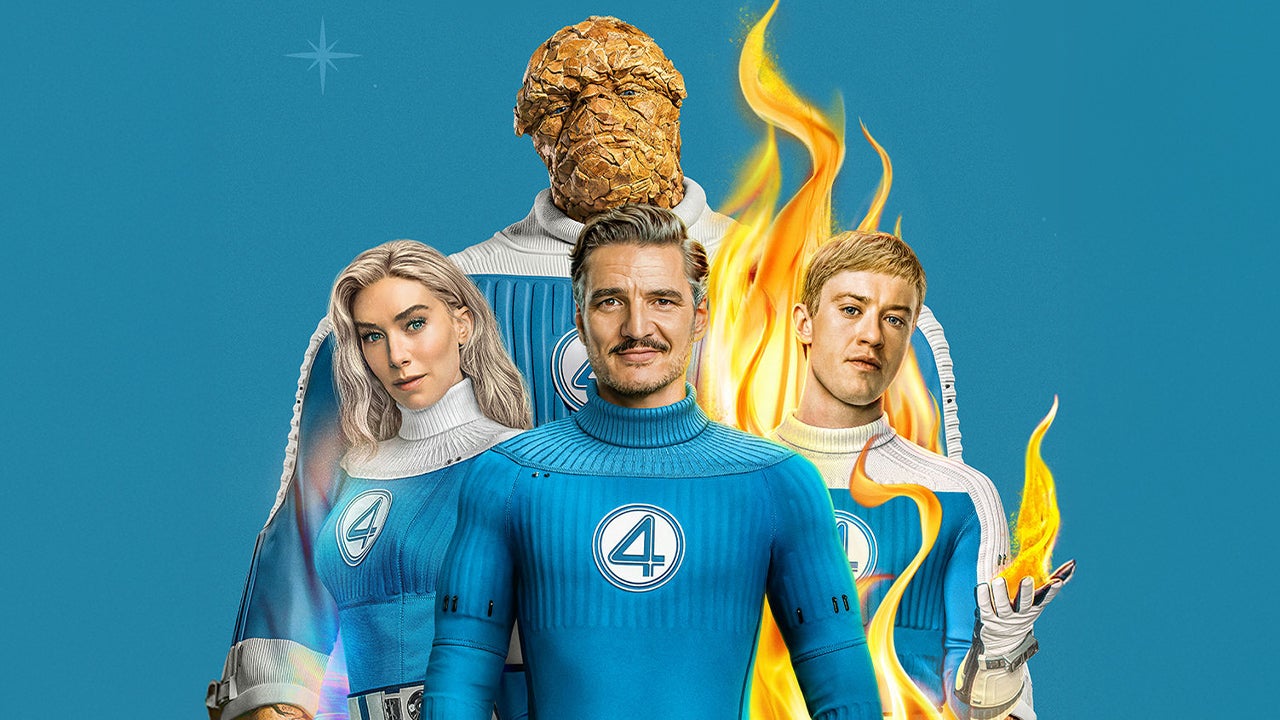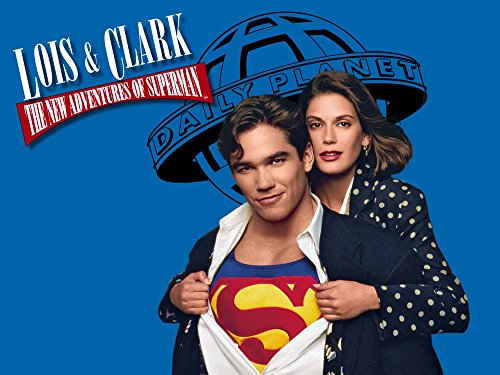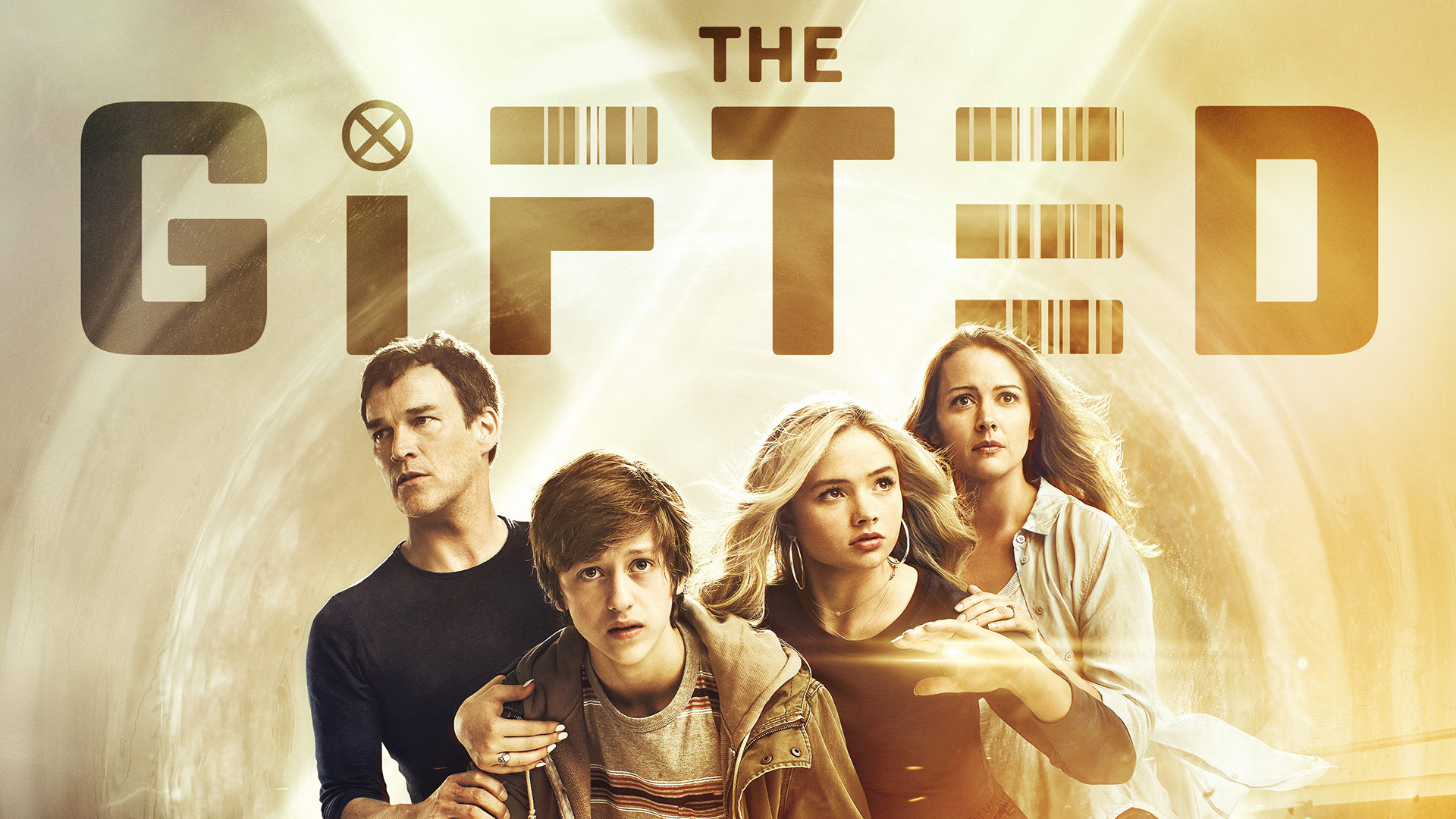Alphas (2011–2012) — The Underrated Superpowered Series That Blended Science and Humanity
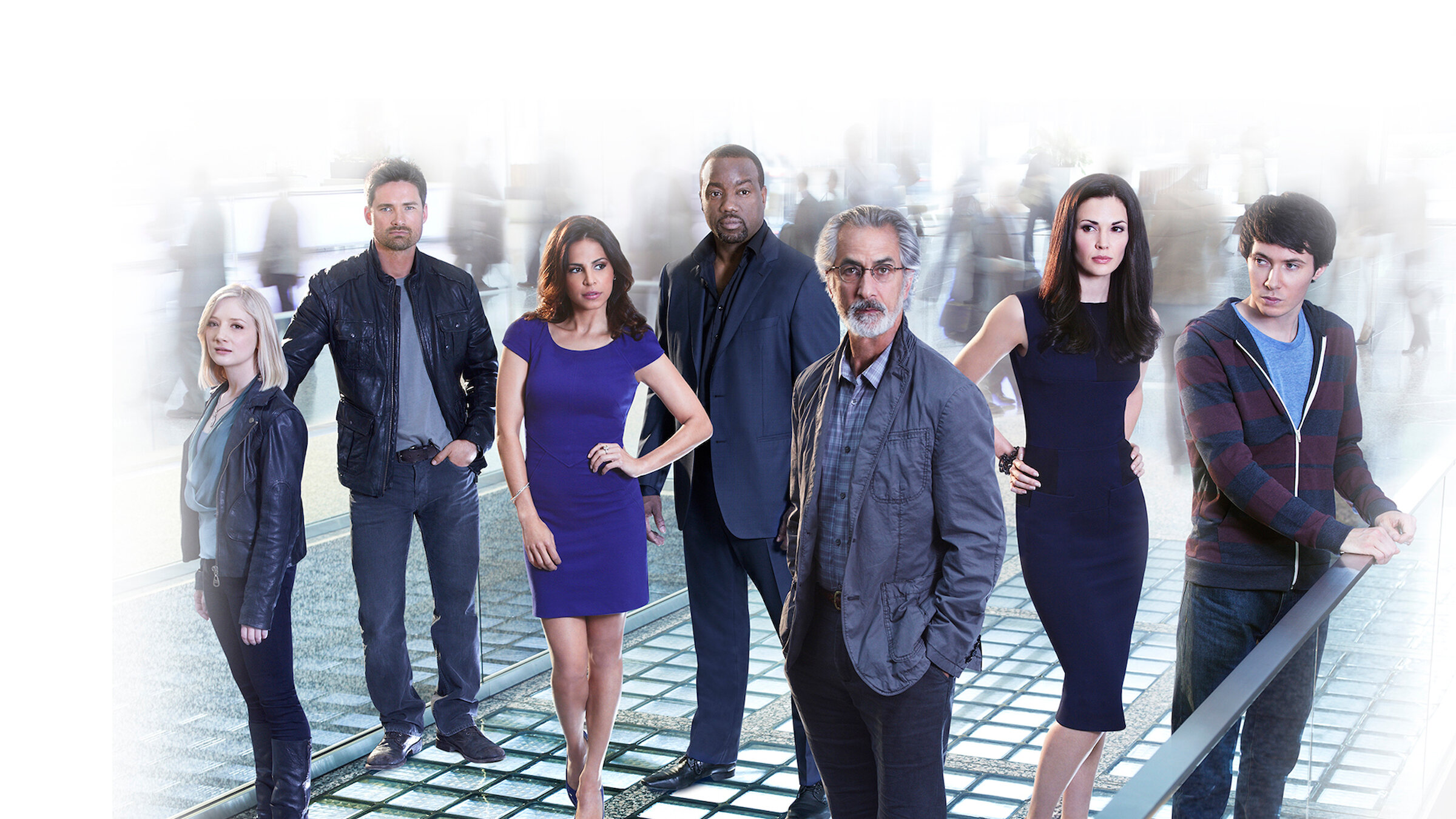
Before The Boys and Heroes Reborn, there was Alphas — a grounded, character-driven sci-fi drama that imagined what life would really be like for people with extraordinary abilities. Premiering on Syfy in 2011, Alphas combined superhero fantasy with procedural drama, exploring what happens when ordinary individuals with enhanced neurological abilities are recruited by the government to handle cases involving others like them.
Despite strong storytelling, a talented ensemble cast, and intriguing world-building, Alphas only ran for two seasons, ending on a cliffhanger that left fans craving more. Over a decade later, it remains one of television’s most underrated entries in the superhuman genre.
A Realistic Take on the Superhuman
Created by Zak Penn (X-Men: The Last Stand, The Avengers) and Michael Karnow, Alphas followed a team of individuals with rare neurological variations that granted them superhuman abilities — not through magic or mutation, but through heightened brain function.
The team was led by Dr. Lee Rosen (played by David Strathairn), a compassionate neurologist and psychologist who helped Alphas understand and control their abilities. His team operated under a branch of the Defense Criminal Investigative Service (DCIS), investigating crimes committed by rogue Alphas and other government conspiracies.
Each member of the team possessed a unique power grounded in plausible science — from enhanced senses to electromagnetism — making the show feel more like X-Men meets Fringe than a typical superhero spectacle.
The Alphas Team
Dr. Lee Rosen (David Strathairn): The moral and emotional anchor of the group. A brilliant neurologist who believed in helping Alphas, not exploiting them.
Cameron Hicks (Warren Christie): A former Marine with perfect aim and reflexes, thanks to hyper-kinetic perception.
Nina Theroux (Laura Mennell): A persuasive Alpha who could control others’ actions through verbal suggestion — at the cost of her emotional stability.
Rachel Pirzad (Azita Ghanizada): Possessed heightened senses but could only focus on one at a time, creating both power and vulnerability.
Bill Harken (Malik Yoba): A tough ex-FBI agent capable of activating superhuman strength and endurance through adrenaline control.
Gary Bell (Ryan Cartwright): A neuro-divergent genius with the ability to see and interact with electromagnetic signals in real time — one of the show’s most beloved and layered characters.
The chemistry among the team, particularly between Rosen’s paternal leadership and Gary’s unique worldview, gave the series a deeply human center.
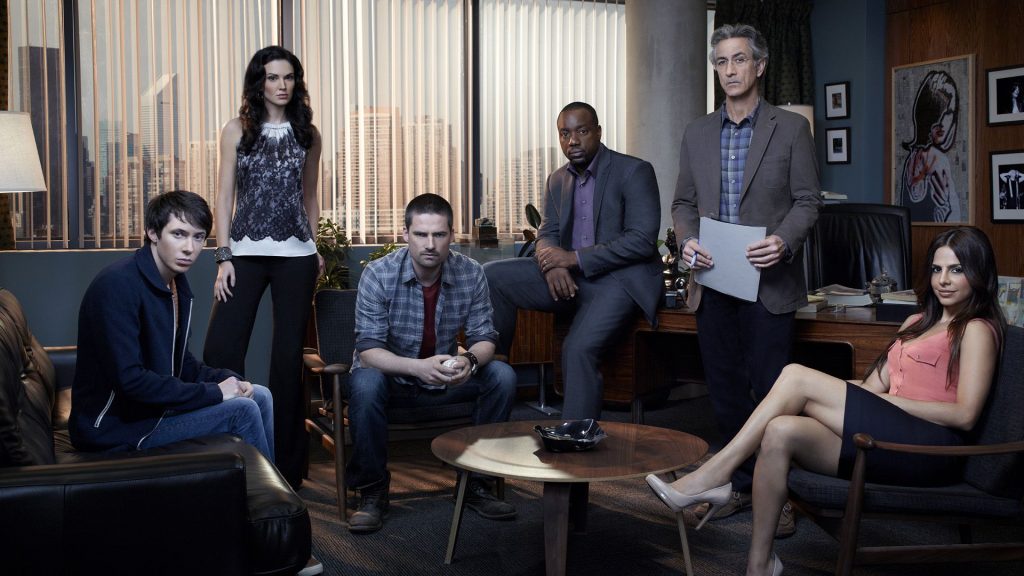
Themes and Tone
What made Alphas stand out was its commitment to realism. It didn’t treat powers as gifts but as complex neurological conditions with both benefits and burdens. The show delved into identity, control, and morality — asking what it means to be human in a world where evolution has taken an unexpected turn.
It also challenged traditional superhero tropes. The Alphas weren’t celebrities or vigilantes — they were flawed, frightened individuals working within (and often against) a shadowy system that both protected and exploited them.
The tone was darker and more introspective than many of its contemporaries, balancing action with ethical dilemmas and emotional storytelling.
Reception and Legacy
Alphas debuted to strong critical praise for its smart writing and ensemble performances. Viewers appreciated its blend of sci-fi realism and human drama, drawing comparisons to Heroes and Fringe.
However, despite solid reviews, the series suffered from low ratings due to limited promotion and scheduling issues on Syfy. After two seasons and 24 episodes, the network cancelled the show in 2012 — ending on a shocking cliffhanger that left the fate of the Alphas unknown.
Fans campaigned for years for a revival or conclusion, but the story remains unfinished.
Why It’s Worth Revisiting
More than a decade later, Alphas remains a hidden gem for fans of grounded superhero storytelling. It avoided CGI spectacle in favor of intellectual world-building and emotional authenticity. The characters felt real — people grappling with extraordinary gifts and painful consequences.
For those who enjoy shows like Heroes, Fringe, or The Gifted, Alphas offers a compelling balance of science fiction and human drama — a show that treated superpowers not as wish fulfillment, but as a mirror for human complexity.
In the end, Alphas may not have had a flashy budget or long run, but it delivered something far rarer — a smart, heartfelt exploration of what makes us powerful, fragile, and profoundly human.



